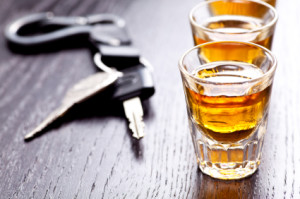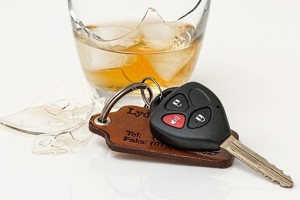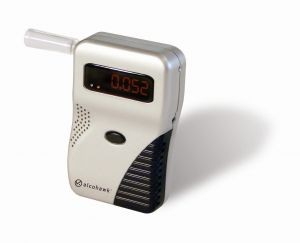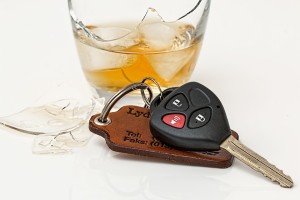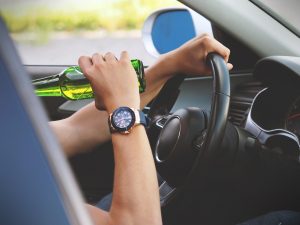 Back in January MDTA Police Officers responded to a serious accident on the Queen Anne’s County side of the westbound span of the Bay Bridge. Upon arrival shortly before 8 a.m. police determined the crash involved 23 separate vehicles with 12 individuals requiring immediate medical attention. The westbound span was closed for about 5 hours as investigators and first responders cleared the scene and provided all necessary medical attention. After that, we did not hear much about the incident until recently when investigators and the State’s Attorney for Queen Anne’s County made the decision to charge the person allegedly responsible.
Back in January MDTA Police Officers responded to a serious accident on the Queen Anne’s County side of the westbound span of the Bay Bridge. Upon arrival shortly before 8 a.m. police determined the crash involved 23 separate vehicles with 12 individuals requiring immediate medical attention. The westbound span was closed for about 5 hours as investigators and first responders cleared the scene and provided all necessary medical attention. After that, we did not hear much about the incident until recently when investigators and the State’s Attorney for Queen Anne’s County made the decision to charge the person allegedly responsible.
According to reports, accident investigators determined that a 48-year-old woman from Queen Anne’s County was the party responsible for the pile up. The woman was allegedly driving her 2018 Honda Civic at a high rate of speed shortly before she lost control. MDTA crash investigation officers who are part of the Collision Reconstruction Unit have specific training in crash recreation and will use all information available to conclude who was at fault. The Bay Bridge is a heavily monitored roadway with numerous cameras always recording. While charges were not filed until several months after the incident, investigators likely zeroed in on their suspect shortly after arrival on scene. The defendant was ultimately charged by way of criminal information in the Circuit Court for Queen Anne’s County located in Centreville. A criminal information is simply a document that the State’s Attorney’s Office files with the Clerk of Court to initiate a criminal case. This document is similar to an indictment but does not require a grand jury or the police to determine probable cause. In a sense, the criminal information cuts right to the chase, as the office that is prosecuting the case ultimately has final say in which charges will be pursued. While all the charges filed are misdemeanors, the State chose to file the information in the Circuit Court due to the complexity of the case, and the fact that the defendant would likely ask for a jury trial. When the State directly files a criminal information, they often ask for an arrest warrant to issue. In some cases, there is a request for a pre-set bail, while in others the defendant is ordered to be held until being brought before a Circuit Court judge.
The charging document includes 15 counts of both traffic and criminal law violations. The traffic violations are DUI, DWI, driving on suspended license, reckless and negligent driving. The defendant is accused of being impaired by alcohol in the 21.902 (a) and (b) violations and impaired by drugs in the 21.902 (c) violations. The criminal law violations include six counts of causing life threatening injury by vehicle while under the influence, which is a misdemeanor with a 3-year maximum prison sentence. While the defendant does have a prior impaired driving case, she was granted probation before judgment, so she is not considered a subsequent offender. Had she been convicted in her 2022 DWI case (also in Queen Anne’s County) the life-threatening injury charges would have carried up to 5 years in prison upon conviction.
 Criminal Defense Lawyer Blog
Criminal Defense Lawyer Blog


